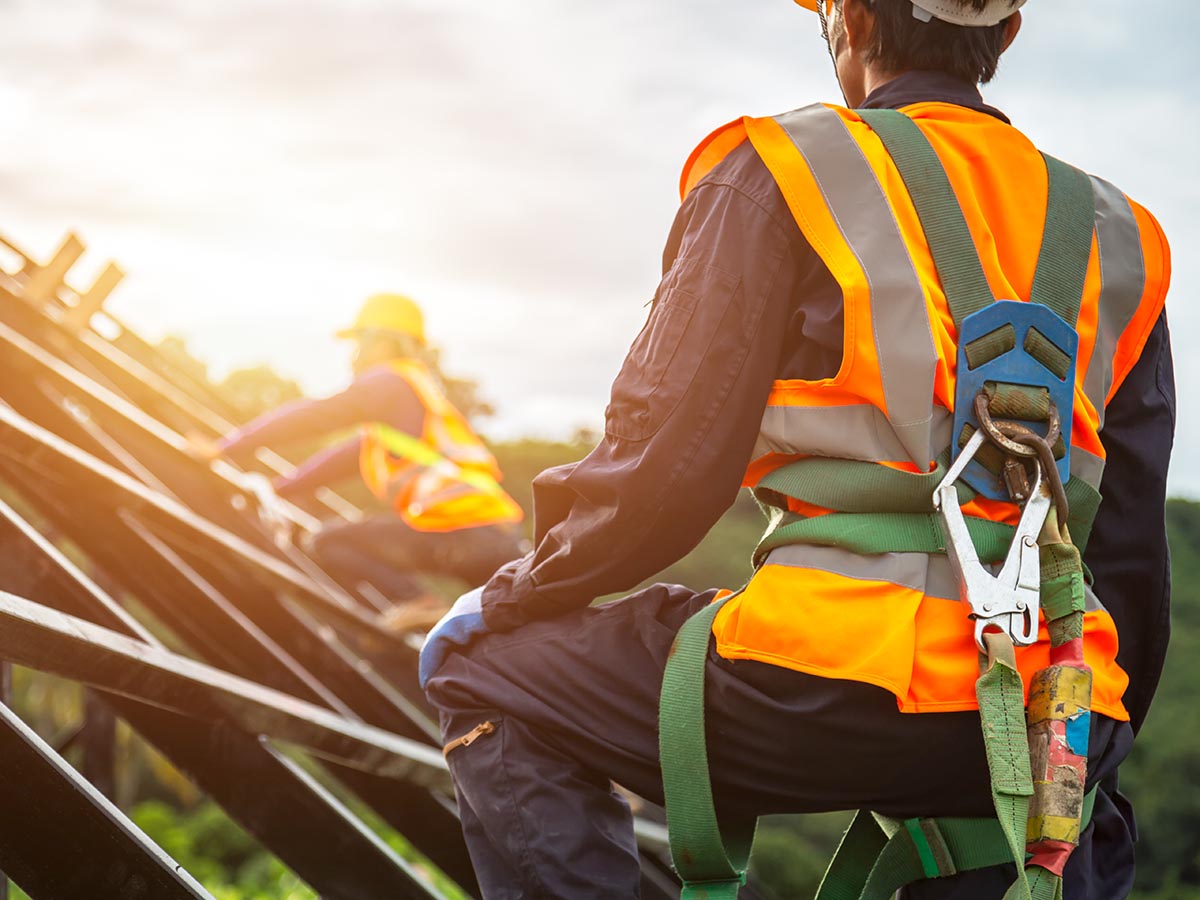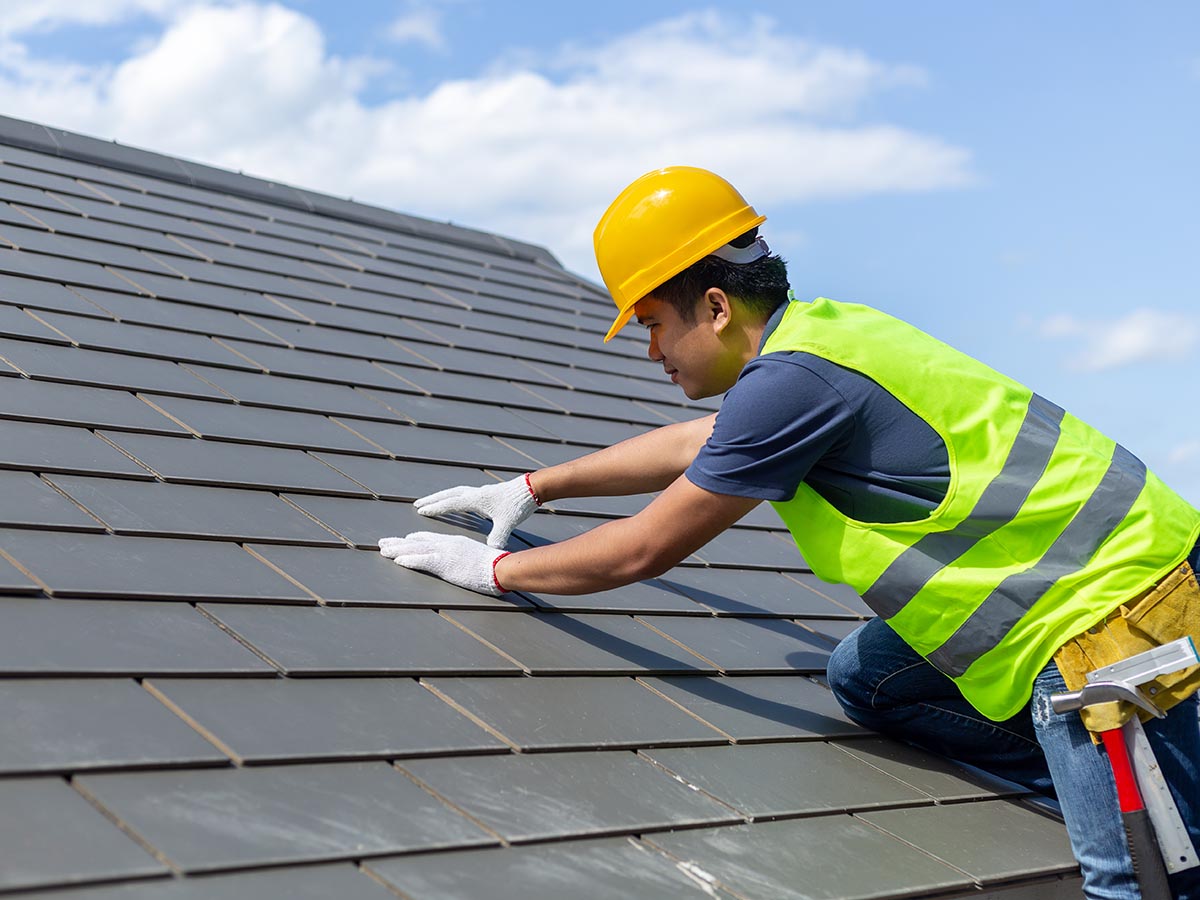Roof Safety: 6 Tips for Working at Height
The act of working at height should always be approached with extreme caution. Deliberate measures must be put in place to prevent the occurrence of unfortunate injuries, accidents, or fatalities.
Whether you use a roof access hatch or any form of fall protection equipment, it’s your responsibility to create a safe working environment for your employees.
One small mistake can turn a routine working procedure into a tragic incident, so don’t leave things to chance. Today, we’ll discuss a few tips you should consider implementing to ensure your worker’s safety.
Roof Safety: Are You Familiar with Your Roofing Regulations?
The first thing you need to do is familiarise yourself with is your roofing regulations. Roofers and contractors alike must know what is required of them when working at height.
Do you know the same fall protection systems used on your particular roof? Are you aware of those you shouldn’t use? Do you know how to differentiate between warning lines on the top? If you answered no to these questions then it’s time to bring in the experts to train your workers on roofing regulations and requirements.
Make Use of Railings
Consider using railings to protect your workers as they perform their jobs. Railings are a safe and straightforward option. All your workers need to do is to stay within the rails.
You’ll appreciate that there are different types of rails that you can pick from. that are created by Industrial Welding Services, depending on the job site or rooftop. A few popular options include:
- Non-penetrating railing: This will work best if your workers are working on roofs with a flat surface.
- Metal roof railing: This type makes it easy for your workers to navigate around obstacles. Plus, they work well on different roof types.
- Parapet mounted railing: These railings adapt to different roof patterns. In addition, this type is relatively durable and corrosion-resistant.
Install Roof Access Hatches
When it comes to a roof access hatch Melbourne construction companies understand how they’re not only safe but effective at protecting workers.
What’s unique about this type of equipment is that it gives your workers internal access to your roof. Roof access hatches are widely appreciated for the following benefits:
- Ease of installation;
- Sturdy but lightweight;
- Robust;
- Affordable.
Conduct Regular Inspections
No matter which falls protection or anchored system you decide to use it’s important that you conduct periodic inspections on the items. The equipment is installed, but is it in good condition? The last thing you need is to use protective equipment that’s compromised, as this defeats the purpose of trying to protect your workers.
Have a competent person conduct the inspections on your anchored equipment. At the slightest notice of any form of wear and tear, you must get the unit repaired or replaced immediately.
Also, ensure that the equipment is inspected by the users each time before use. Train your workers to know what exactly to look out for and spot any red flags. Inspections must be very thorough, although they don’t need to take up much time.
Use Ladders Properly
You might be wondering how hard it can be to use a ladder. You’ll be surprised to know that ladders are usually the source of accidents that occur when employees are working at height.
The general consensus is that using a ladder is pretty straightforward. This could be because you often use it at home—to hang your curtains or change a light bulb. But the reality is that when used incorrectly ladders can be pretty dangerous.
The first step is to identify the exact type of ladder you’ll need for the task; is it an extension or a fixed ladder? If both terms are new to you then it’s clear that you might need to familiarise yourself with how to use a ladder.
Training is Crucial
Throughout the article, we’ve mentioned how you must train your employees who’re working at height. This is the only way your employees become better equipped to handle the job.
Whether it’s training in procedures, rules, regulations, how to use anchor equipment, or how to install and work around roof safety systems, it’s imperative that you do so. Working at height can only be successful if workers possess adequate knowledge and skill regarding their jobs.
Nothing should ever be left to chance. When it comes to preserving human life, information can never be too much. Besides, training your workers regarding a safe working environment is required by law in the construction industry.
Final Words on Roof Safety
Working at height should never be taken lightly. It’s important that you put all the necessary measures to safeguard your employees’ safety and life in place. Incorporating the above measures is a good place to start. You want to make sure that your workers are protected each and every time. It’s their right.




















